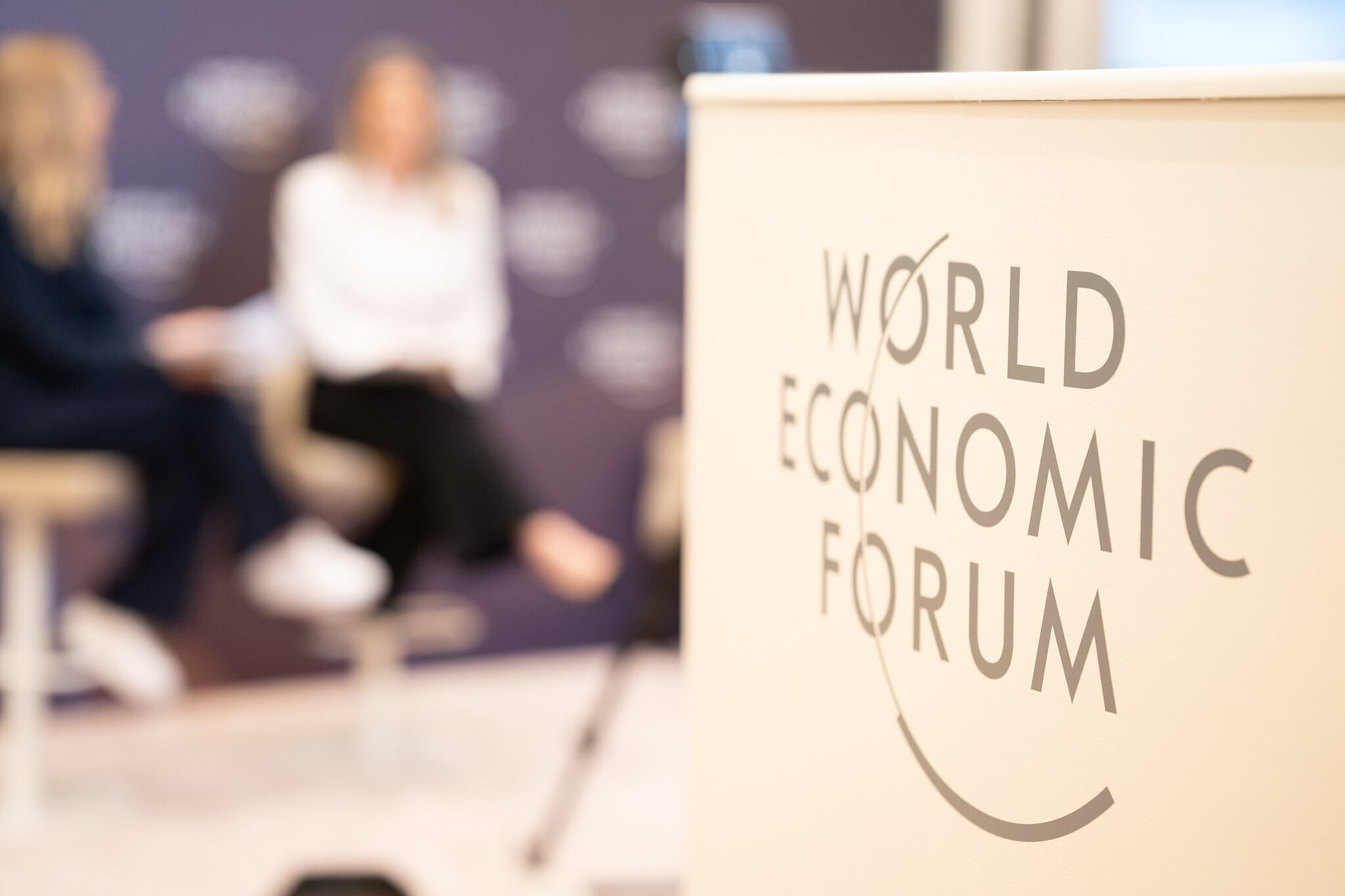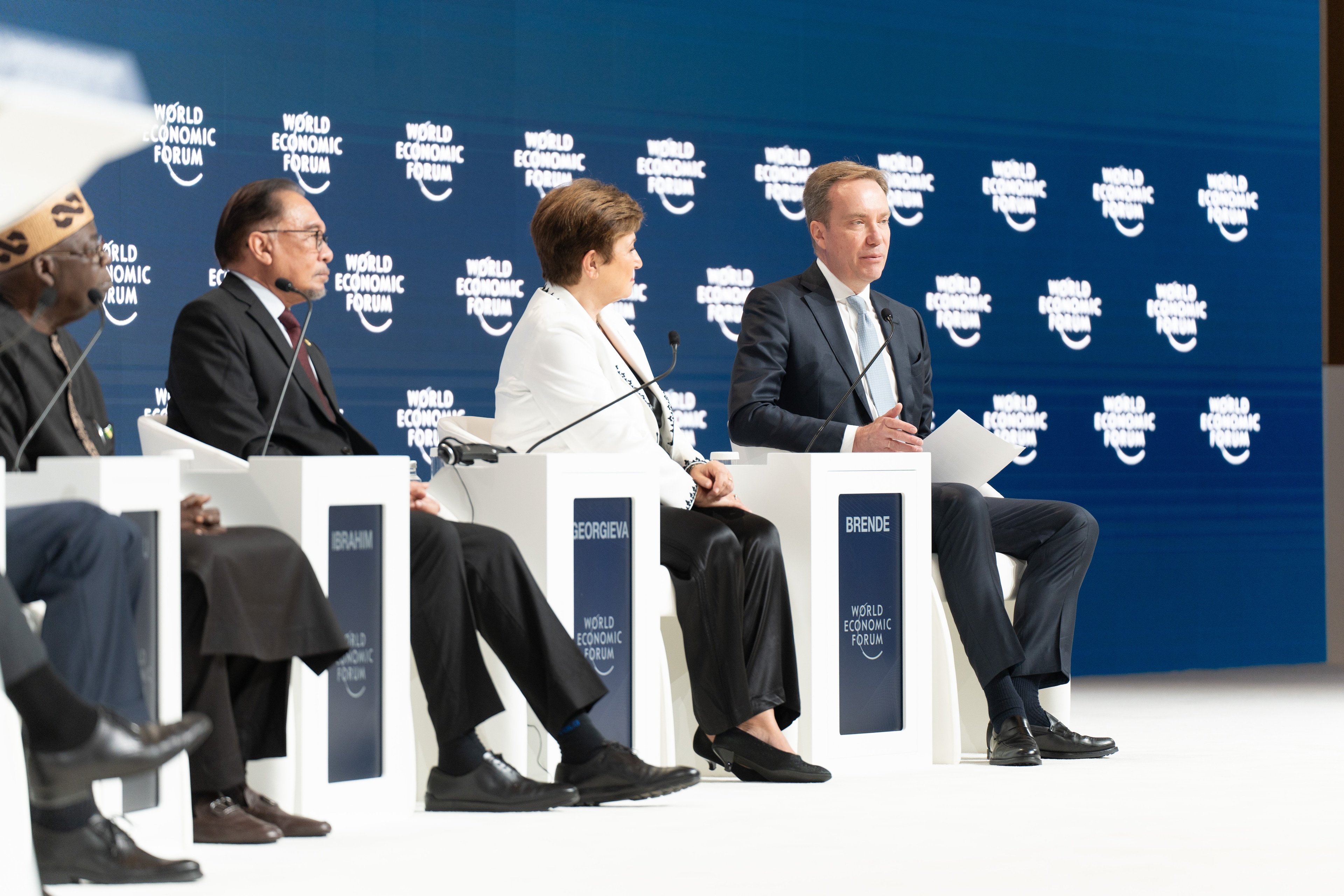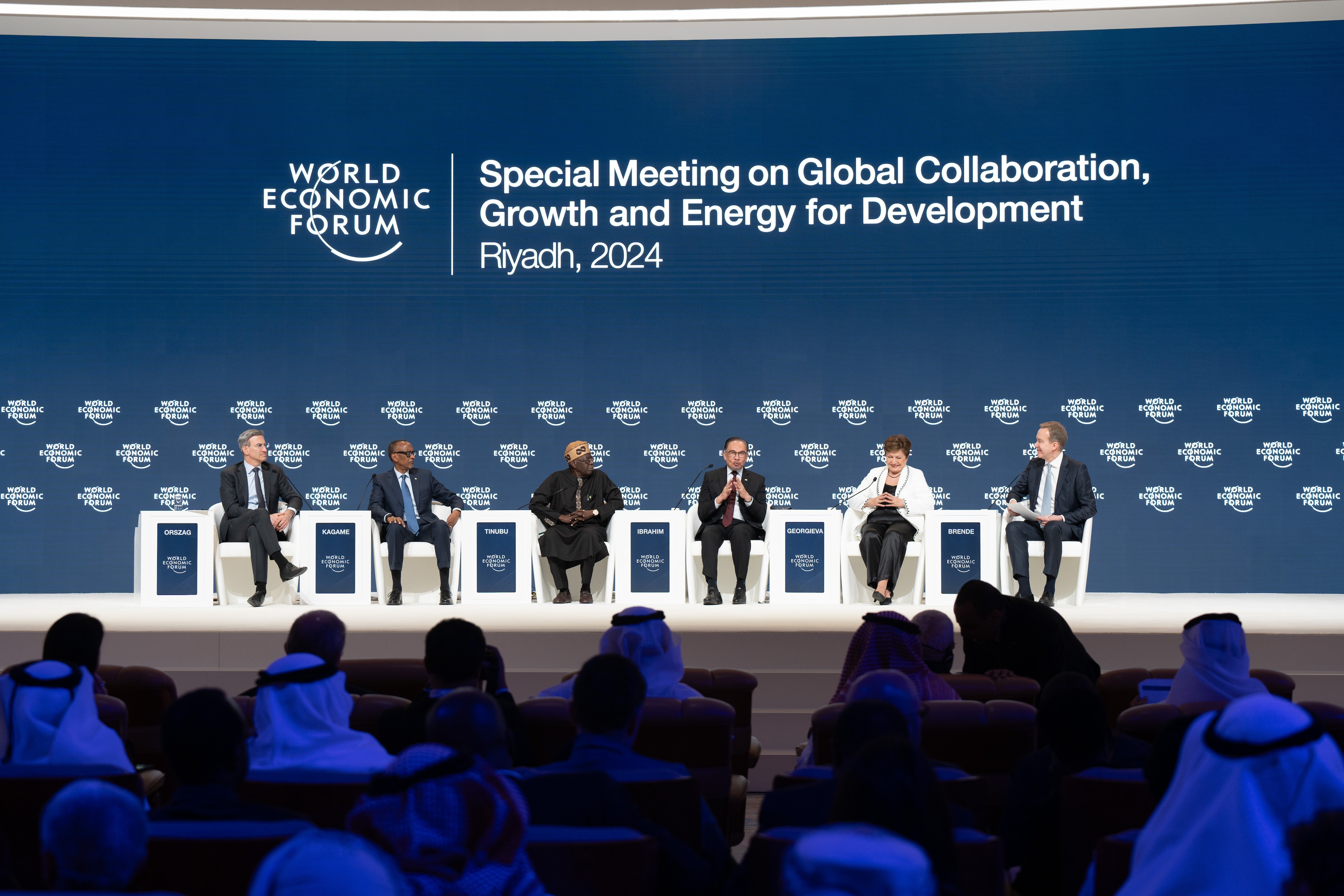Annual Meeting of the Global Future Councils: World’s top knowledge network to gather in Dubai

The Global Future Councils are interdisciplinary knowledge groups dedicated to exploring a more resilient, inclusive and sustainable future. Image: ZQ Lee/Unsplash

Get involved with our crowdsourced digital platform to deliver impact at scale
Stay up to date:
Davos Agenda
Listen to the article
- The Global Future Councils are interdisciplinary knowledge groups dedicated to exploring a more resilient, inclusive and sustainable future.
- This month, council members will meet in Dubai to discuss the world’s most pressing issues.
- The councils will be tasked with debating the challenges and solutions around specific issue areas.
Experts and decision‐makers from business, academia, government, civil society and media are gathering this month in Dubai, United Arab Emirates, for the World Economic Forum’s Annual Meeting of the Global Future Councils.
The meeting, taking place 16-18 October 2023, will mark the first in-person meeting of the council members’ two-year term. More than 400 experts from around the world will be in attendance.
The network of Global Future Councils is one of the world’s foremost multistakeholder and interdisciplinary knowledge networks dedicated to exploring a more resilient, inclusive and sustainable future. The network's 30 councils, which are embedded in the Forum's 10 centres, focus on topics such as job creation, cybersecurity, international trade, climate and food and water security, among others.
Transformative ideas
At the Dubai meeting, council members will discuss and debate opportunities for future advancements and the numerous issues that continue to hamper economic growth and human development.
There will be several private gatherings as well as public sessions streamed online with English and Arabic translation. Here are some of the public sessions to follow:
Tuesday: 17 October 2023
What Kind of Growth Do We Need to Sustain Our Future? (8:15 – 9:15 CEST)
Underpinning prosperity with economic growth has been a recurrent feature of the modern world, but the complexities of global issues are beginning to challenge these long-held assumptions. What does economic growth really mean in the current context and what kind of growth should we be striving for?
Is AI a Force for Good? (8:15 – 8:45 CEST)
Just as the Copernican Revolution forced us to reassess our world view, rapid advances in artificial intelligence could lead to a paradigm shift in established norms and systems. How are AI breakthroughs already transforming the systems in which we operate and what new responsibilities do these changes create?
From Abogamers to Prompt Engineers: Navigating a New World of Work (13:45 – 14:30 CEST)
The global jobs landscape is undergoing rapid transformation brought on by the combination of macrotrends from digitalization to sustainability and a shifting human-machine frontier. With six in 10 workers expected to require training in less than five years, what novel approaches are needed to ensure access to adequate training and human capital development?
Wednesday: 18 October 2023
AI as a Driving Force for Industry and Economy (8:00 – 8:45 CEST)
Latest studies suggest that generative AI could raise global GDP by 7%, a significant effect for any single technology. In the light of persistent economic headwinds, could AI-powered productivity growth provide the boost needed to tackle our most pressing challenges?
Quantum Leaps (12:00 – 12:30 CEST)
From drug design to generative chemistry, quantum computing has the potential to transform industries and supply chains and has attracted billions of dollars in investment in recent years. How can the latest advances in applied quantum computing interface with technologies such as AI in ways that will transform industry and society?
Trade in the Fourth Industrial Revolution (12:00 – 13:00 CEST)
From traceability and transparency to better forecasting and inventory control, technology has the potential to transform global trade in a myriad of ways. As their efficiency benefits are become increasingly well-understood and documented, how can these same technologies be deployed to enhance equity and sustainability?
Press Conference: Leapfrogging MENA's Sustainability Journey (12:00 – 12:30 CEST)
The Middle East and North Africa is warming at twice the rate of the global average, which will have a huge impact on water, agriculture and liveability. While the private sector in the region generally lags behind comparable regions in sustainability actions, the necessary conditions are in place to leapfrog the sustainability and energy transition.
In this session, leaders in the region outline the optimal pathways to decarbonization in MENA and deliberate the policy toolkit needed to jumpstart the change.
Can Tech Deliver on Its Climate and Energy Promise? (12:45 – 13:15 CEST)
Emerging tech innovations offer a host of solutions with the potential to get the world closer to its net-zero targets, ranging from direct air carbon capture technologies to sophisticated contamination monitoring tools. However, these advances must be scaled and commercialized rapidly to maximize their impact.
What are the innovations which hold the greatest potential to address climate change and transform our energy markets, driving a vision of a net-zero transition we can all aspire to?
Meeting of the minds
The public and private meetings will be an opportunity for experts to draw connections across agendas and generate insights that can improve decision-making in the coming years.
Attendees will be tasked with debating the challenges and solutions within the scope of their council and recommending 1‐3 top priorities that can create transformative change around specific issues areas.
Following the summit, the Forum will publish the councils’ recommendations in a consolidated publication, which can be a tool for global leaders looking for inspiring ideas. The publication will be shared ahead of or shortly after the Forum’s Annual Meeting in Davos, Switzerland, in January 2024.
Don't miss any update on this topic
Create a free account and access your personalized content collection with our latest publications and analyses.
License and Republishing
World Economic Forum articles may be republished in accordance with the Creative Commons Attribution-NonCommercial-NoDerivatives 4.0 International Public License, and in accordance with our Terms of Use.
The views expressed in this article are those of the author alone and not the World Economic Forum.
The Agenda Weekly
A weekly update of the most important issues driving the global agenda
You can unsubscribe at any time using the link in our emails. For more details, review our privacy policy.
More on Forum InstitutionalSee all
Maroun Kairouz
May 3, 2024
Gayle Markovitz
April 28, 2024
Gayle Markovitz
April 27, 2024
Mirek Dušek and Maroun Kairouz
April 27, 2024
Kate Whiting
April 26, 2024
Spencer Feingold and Gayle Markovitz
April 19, 2024





